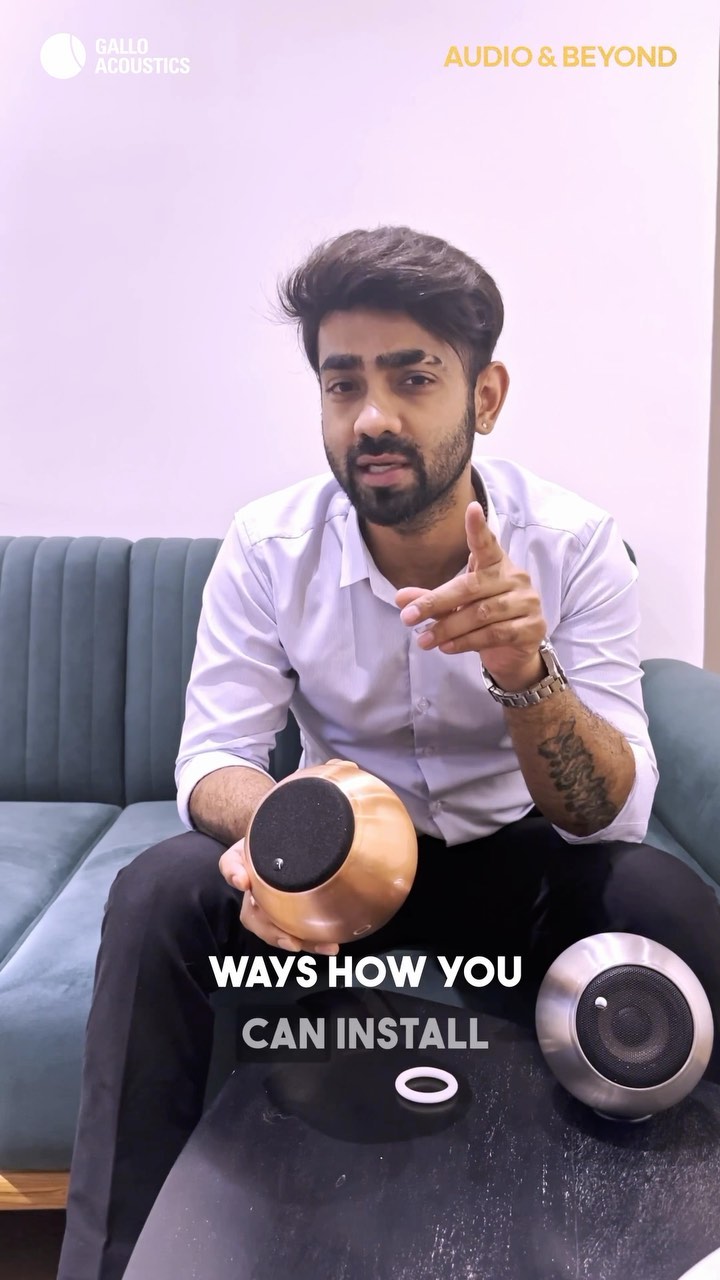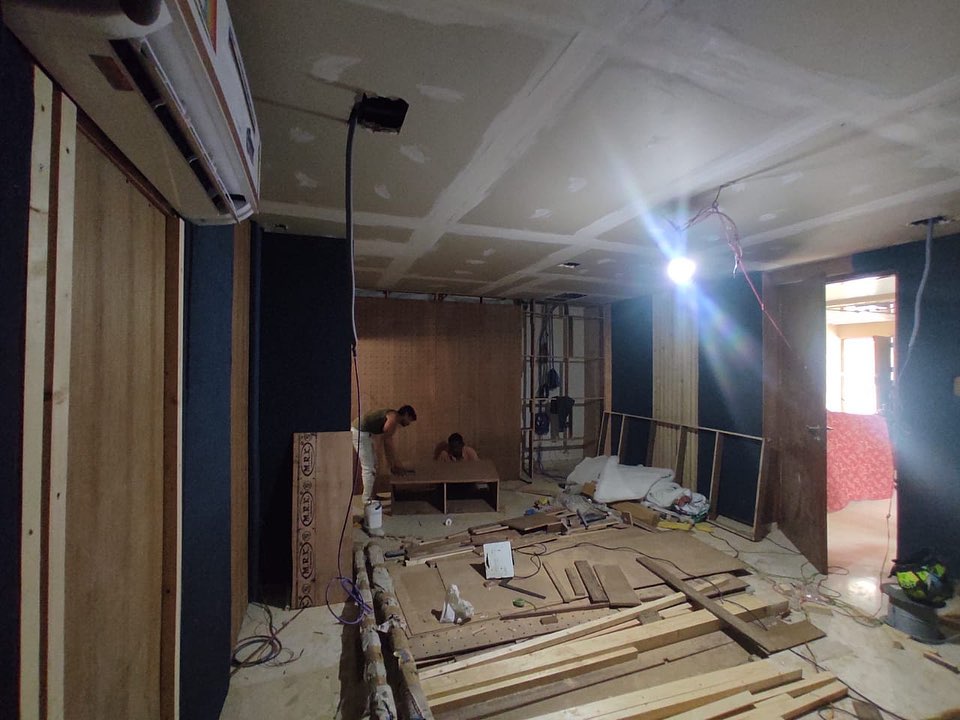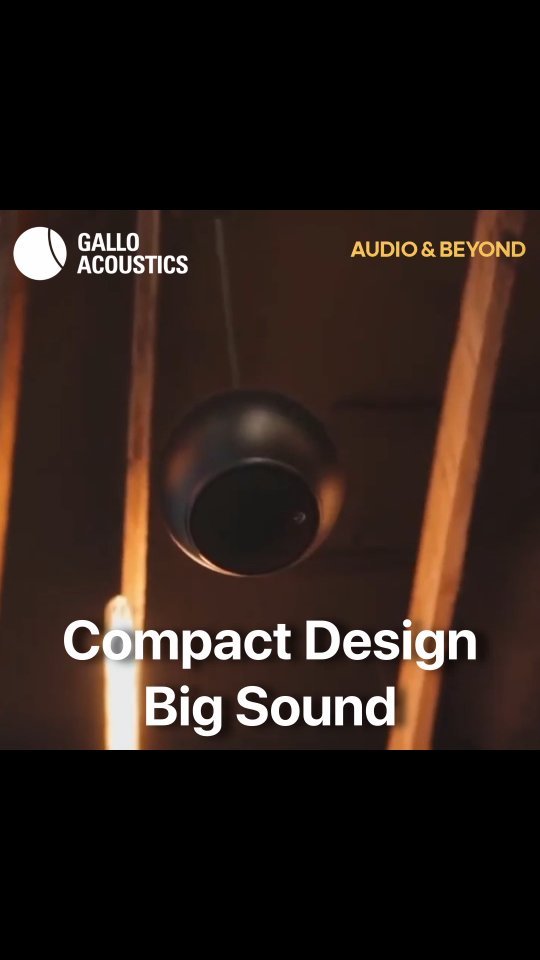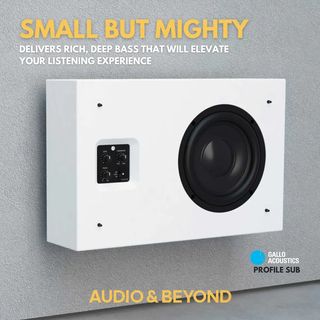
What is home automation?
The automatic and electronic control of household features, activities, and appliances is called "home automation." In layperson's terms, it means you can easily control your home's utilities and features via the Internet, making life more convenient and secure.
Home automation allows devices to communicate with one another, eliminating the need to control them manually. For example, set a timer for lights to turn off when you usually go to sleep or have a thermostat to turn the AC on about an hour before you reach your house.
Home automation improves your quality of life and can save money on heating, cooling, and electricity bills.
How Does Home Automation Work?
A network of hardware and communication that connects everyday devices through the Internet. Each machine has WiFi-connected sensors, allowing you to manage your smartphone or tablet at home or miles away.
There are three levels of home automation:
Monitoring: Monitoring implies that users can remotely check in on their devices via an app. Someone, for example, could view their live feed from a smart security camera.
Control: Control implies that the user can remotely control these devices by panning a security camera to see more of a living space.
Automation: Finally, automation entails configuring devices to trigger one another, such as having an intelligent siren sound whenever an armed security camera detects motion.
Benefits of home Automation:
Remote access: Control your home remotely using a mobile device like a laptop, tablet, or smartphone.
Comfort: Make your home more comfortable and livable by implementing home automation. Set up intelligent speakers to play music when you arrive home from work or adjust your lights to soften or brighten depending on the time of day.
Convenience: Devices can be programmed to turn on automatically at specific times, or their settings can be accessed remotely from any location with an Internet connection. You can focus on more important things when you don't have to remember to lock the door or turn off the lights.
Energy Efficiency: Home automation makes you more conscious of your energy consumption. You can save money on energy bills, for example, by reducing the time lights remain on or lowering temperatures when you leave a room.
Home automation for every room
Living room, Dinning & Kitchen:
The light, fan, air conditioner, central door lock, television, and other devices in our living room require timely operation. Implementing a successful, intelligent home system allows these devices to be controlled via remote control, smartphone, or voice command. It can assist you in establishing an intelligent door lock system by incorporating voice commands or smartphone door lock access. You can install a smart camera directly above the central door lock to receive timely notifications on your smartphone about people entering and exiting your home.
Bedrooms and Balconies:
Your home automation system, just like the living room, can control the lights and fans in your bedroom and balcony. Connect your bedroom air conditioner and geyser to the home automation system. As a result, you can start your geyser at a predetermined time in the morning, even before you get out of bed. Similarly, you can turn on the air conditioner before arriving at your house to have a cool room before you arrive!
Final word:
The best thing about smart devices is the ability to do your homework while at home or away. To summarize, a smart home helps you manage resources, saves the environment, and generally makes your life easier.
Recent Posts

20 November, 2024
Home Automation: Simple Steps to Get Started

24 October, 2024
Use Smart Lighting to Improve Mood & Energy Levels
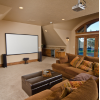
24 April, 2023
Designing the Perfect Home Theatre Room

17 April, 2023
How to Choose the Right Speakers for Your Home Audio System

11 April, 2023
Audio and Beyond - Best Place to Buy Home Audio Systems

05 April, 2023
Guide to Creating a Smart Home In Hyderabad: Everything You Need to Know.

29 March, 2023
The Importance of Home Surveillance Systems in Hyderabad by Audio and Beyond

24 March, 2023
Home Automation: The Key to Energy Conservation in Hyderabad

17 March, 2023
Home Theatre Solutions | The Ultimate Movie Experience

11 March, 2023

